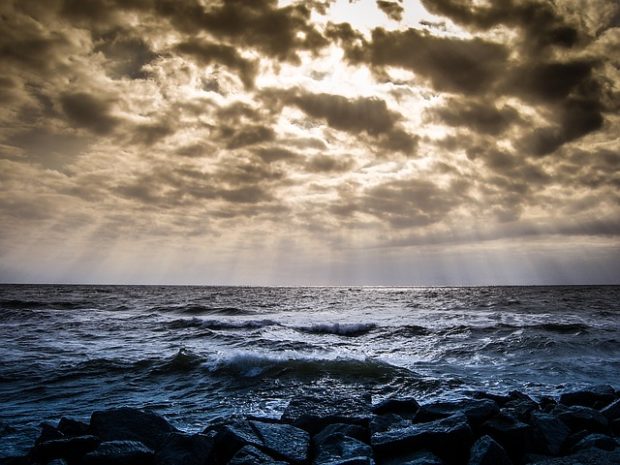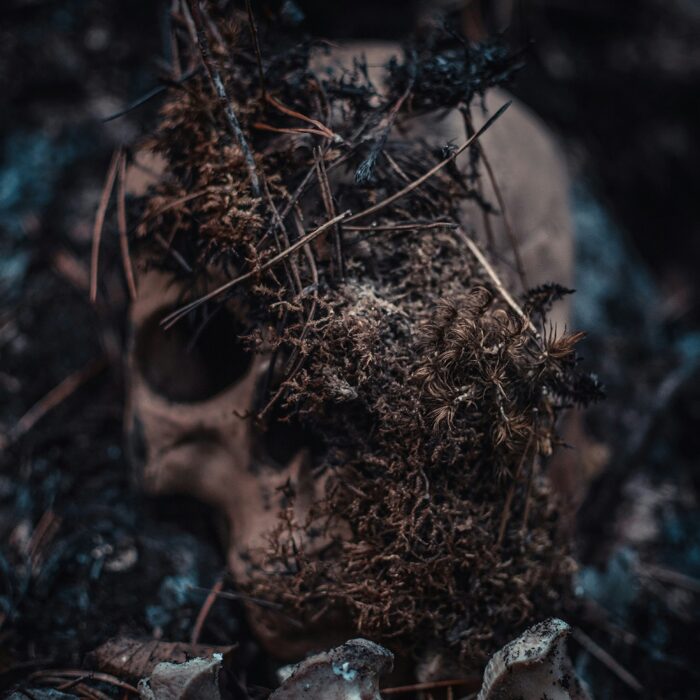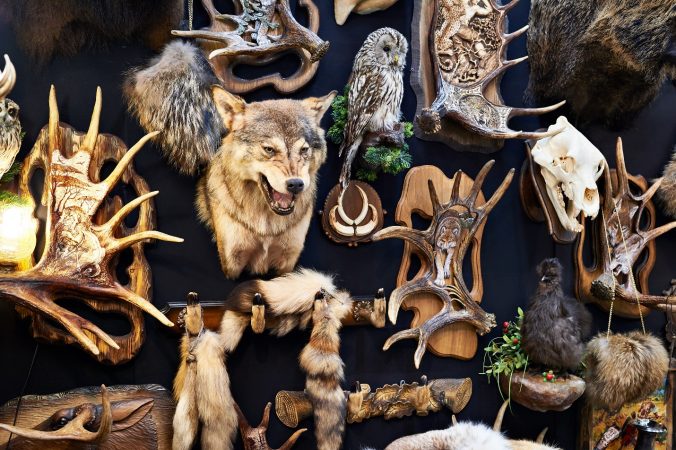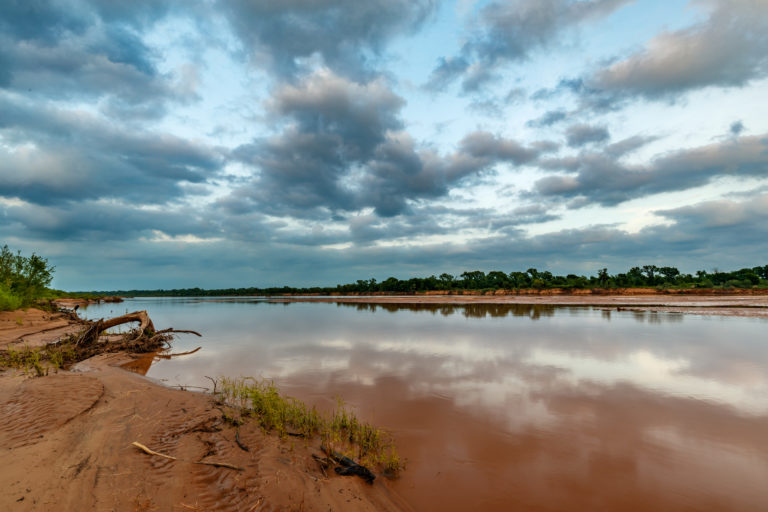You have no items in your cart. Want to get some nice things?
Go shopping
The gale-force wind shrieks, whipping up nausea and pain. We gasp as the boat lists. Blood is seeping down my nose ― now and then it dries up for a while and then starts again, sometimes slowly, sometimes black. Sleep doesn’t come easy; when it does, it gives no rest. The only thing I know is my story will, sooner rather than later, end up at the bottom of the sea.
When the bullets started to explode, there was no echo. The air was dead, but the echo formed inside my head; the echo echoed my fear and the fear turned into nosebleed. I held my breath, I shut my eyes, I pressed my fingers hard on my ears. Within a few minutes, I lost all the men in my life: my father, three uncles, two brothers, four cousins, six nephews and my father’s father. I couldn’t see how it was done. They were either in a hurry, or the gods were kind to me: they didn’t stop and look underneath the hut or torch it before they left. And so when I, and then my mother, emerged into the night after the dripping of blood had stopped (from the floor above), we were crushed by the sight of the handiwork of these othermen.
We were too afraid to stay to bury our dead. I couldn’t quite tell one from another, as all their faces were gone ― except this was an adult and that a child. My seven nieces were gone too; so were my three sisters, two aunts, five cousins and the wives of my uncles. Even my two grandmothers. They’ve become trophies in a war that nobody understands.
My mother and I didn’t talk for days; all our words had died. Walking was all we could do, until we saw, from a distance, the frothing sea. My mother had all her money in a bag sewn on her inside vest. You go, I’ll come later, she said. She only had enough to pay for a single fare.
I don’t remember what I said to her; I don’t remember how I’ve come to this half-standing, half-crouching pose, with all these other stinking bodies pressed against mine in a dark dank dingy space. How I overcame my gut-wrenching sea-sickness I can’t tell. Somebody tried to grope me, but too weak to do anything else. Some went overboard, or perhaps were pushed. Children whimper; grown men weep. Feeling has deserted me: my passion is gone, my compassion has disappeared. A little girl somehow let herself fall into the water, vanishing without trace, leaving her mother howling with pain. I hold my breath, I shut my eyes, I press my fingers hard on my ears. The storm shrieks, we gasp as the boat lists. The thought of dry land, the thought of my mother’s face.
I shall not be singing lullaby to my children and their children: they’ll never be born; my womb will stay empty. Their faces I want to see; they’re looking for me.
But there’s only the sea: will the sea set me free?

About Chin Li
Chin Li, born and brought up in Hong Kong and now living in Scotland, has published poetry, short fiction and other work in Big Fiction Magazine, Confluence, Glasgow Review of Books, Gnommero, Gutter, Ink Sweat & Tears, Litro, MAP, Southword and Visual Verse, and has turned some writings into audio pieces, the most recent of which are three audio short stories broadcast by the Glasgow-based art radio station Radiophrenia in May 2019, November 2020 and February 2022 respectively. Chin Li worked as an NHS clinical psychologist for many years before turning to writing full-time in 2015.





One comment